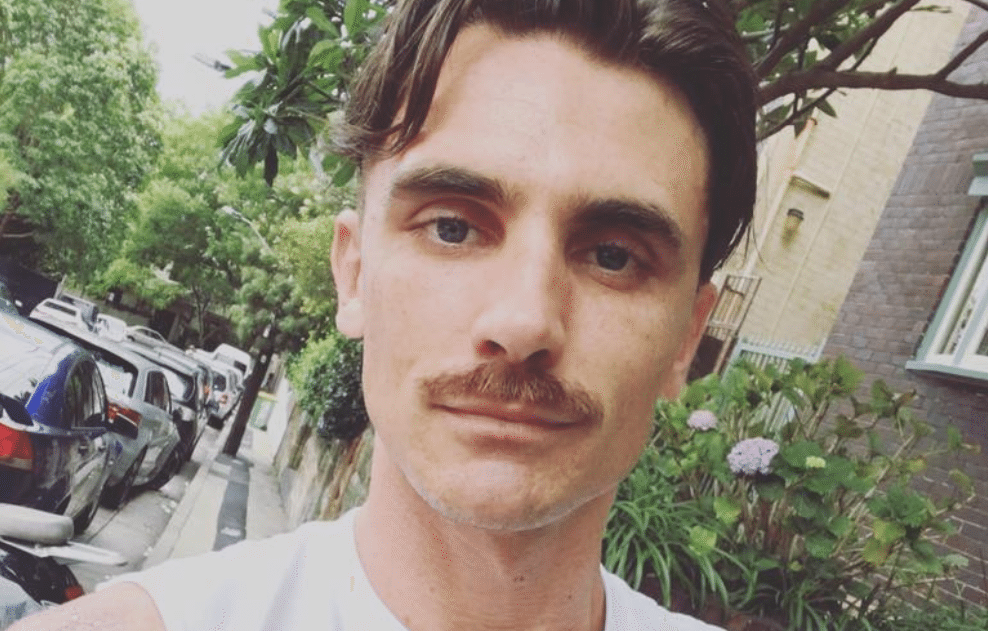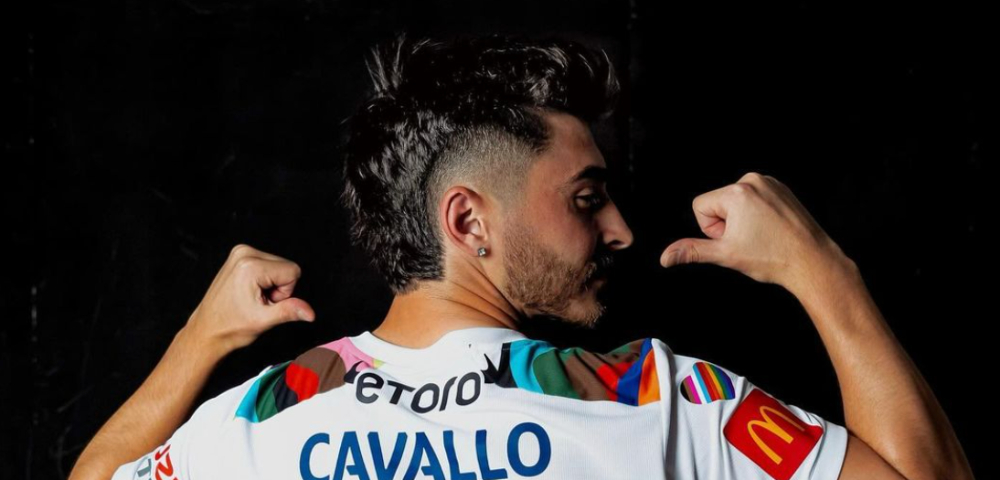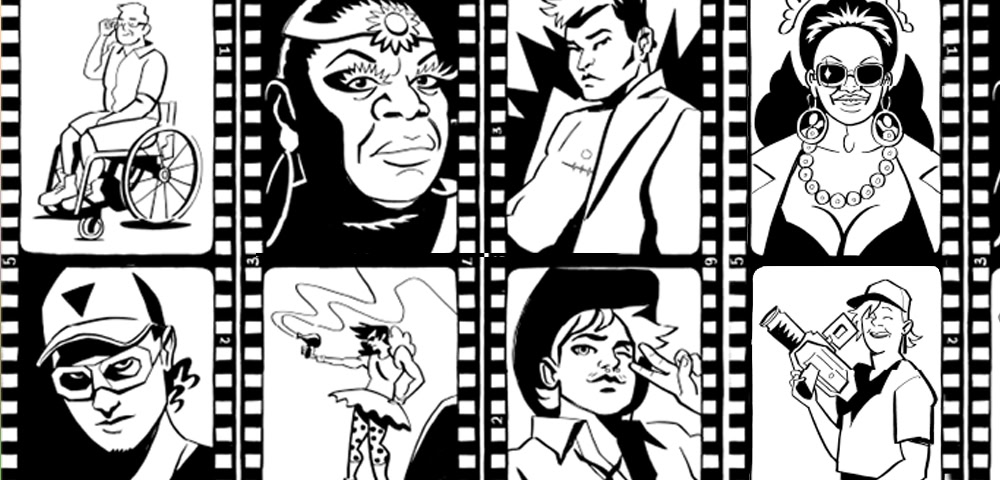
‘The most ethical way to allow gay men to donate blood is to end HIV’: Nic Holas

Nic Holas is the co-founder of The Institute of Many (TIM), Australia’s largest platform for People Living with HIV. Ahead of World AIDS Day, he pens his thoughts on the “tokenistic” gay blood ban.
***
World AIDS Day has rolled around again, and for those of us living with HIV it’s a time to reflect on the many ways our “blood type” continues to divide and separate us from the rest of society.
It’s also an incredible opportunity to celebrate the resilience of communities affected by or living with HIV. And right now, it’s hard not to reflect on the resilience of queer men who have sex with men.
While we are the largest community affected by HIV in Australia, we are also part of a broader LGBTIQA community, and all of us have been thrust into the harsh spotlight lit up by the postal survey.
As I write this, the outcome of the unnecessary, harmful public opinion poll is unclear.
By the time World AIDS Day comes about, a result will be announced; the absolutely certain future of marriage equality in Australia, less so.
If that’s frustrating, I hear you: as a Person Living with HIV, I know a little about my value being debated in relation to the value of others; of being subjected to endless shifts in community or public opinion; of being sidelined, and de-prioritised.
While most of the LGBTIQA community has rightly focused on surviving the public debate brought on by the same-sex marriage postal survey, some are already wondering what the next step in the fight for equality may be.
Despite real risks to the health and wellbeing of some truly vulnerable members of our community, it seems the next fight could be over the somewhat tokenistic discrimination of the gay blood ban, or “blood equality” as it is sometimes referred to.
We see it rear up from time to time, and I understand the frustration: gay and bi men or men who have sex with men who are able to donate blood are banned from doing so because as a key population of people affected by HIV, the risk is too great.
Gay and bi men in monogamous relationships may often wonder why they can’t donate blood. Shouldn’t it only be men engaging in activities that place them at risk of contracting HIV who are banned?
How would this be measured though? How would it be enforced?
If it’s a case of HIV-negative men on PrEP being able to donate, then we really need to ensure PrEP is fully accessible, which means getting it on the Pharmaceutical Benefits Scheme (PBS).
And if it’s a case of only monogamous gay and bi men being able to donate blood, this is a worrying trend that has dominated much of the long road towards marriage equality in this country.
Namely, that a portion of our community is more focused on outward respectability than our community’s health and wellbeing.
I’ve said this before, but it bears repeating: the most inclusive, ethical way to allow gay or bi men to donate blood is to end HIV.
Anything else is a slap in the face for those of us living with the virus, an insult to the decades of activism and organising, and a forgetting of those lost to the AIDS crisis.
We’re still here, and we’re not going to be pushed aside in the quest to make gay men seem more respectable. That isn’t equality, it’s erasure.
You should be able to donate blood. You should also be able to live free of fear of contracting HIV, of your friends contracting HIV, of finally being clear of decades of intergenerational fear and stigma. The latter would lead to the former. So why not join, or rejoin, the fight?
We’re so close to getting there. This year saw the lowest rates of new HIV notifications amongst gay men, ever.
Those of you who want to and can are getting on PrEP. You’re testing more often, and you’re (finally) accepting the fact that a Person Living with HIV with an undetectable viral load cannot pass on the virus (which is the majority of us).
We’ve come so far, and in recent years things have moved at an astonishing pace.
And yet, so many pre-existing struggles have been sidelined during the marriage equality movement.
While it may be lovely to imagine that marriage equality will bring about a symbolic, undeniable pivot away from Australia’s homo/transphobic past, the reality is sadly different.
Where our focus goes as a community, and which fight we move to next, will redefine us as a community.
If you are incensed that gay men are discriminated by the gay blood ban, spare a thought for those of us whose blood, and not our behaviour, are the cause for that ban.
That you would stand apart from us instead of beside us has some of us wondering what December 1 means to you.










I really think blood equality is not the next step for HIV or for LGBTI communities when we have it in our means to end HIV. Ending HIV is way more profound than the blood ban. Our State Government in their HIV strategy 2017-2020 has committed to end all HIV discrimination and stigma by 2030. This is an audacious claim that if it could be done would make a substantial impact on our communities – much more impact than lifting the blood ban that would only allow a small minority to donate. But, importantly, removing stigma would set the scene for lifting the ban. We have yet to really challenge the stigma behind the ban and that should be seen to first. Even Holas, while claiming blood equality is next, actually says the “most inclusive, ethical way” is to end HIV first. To end stigma we need leadership especially the vision that it is possible.